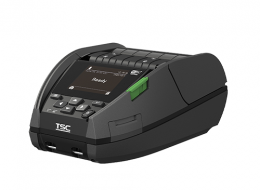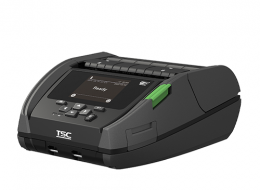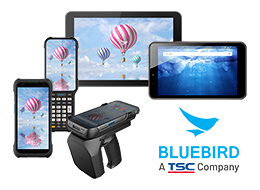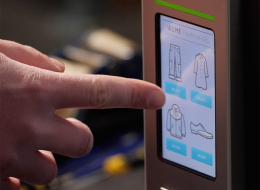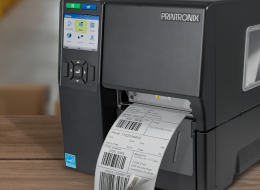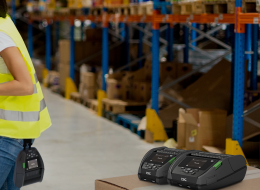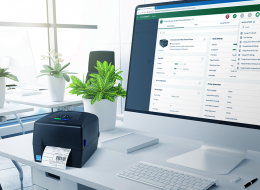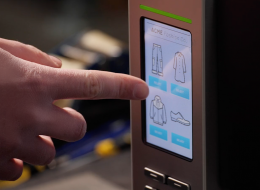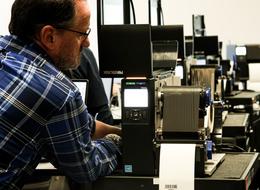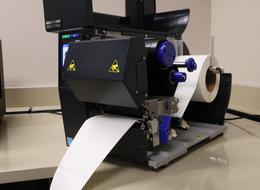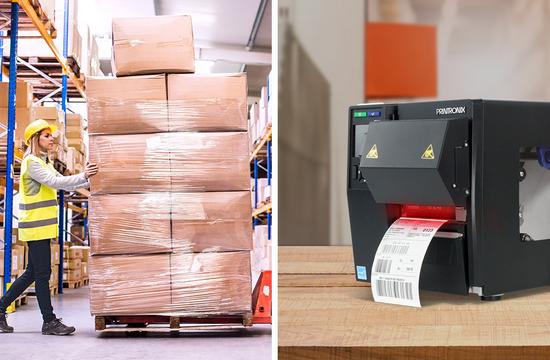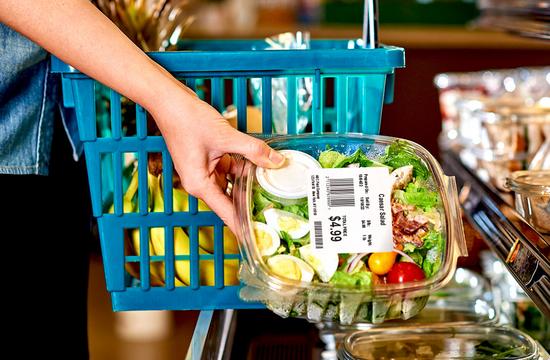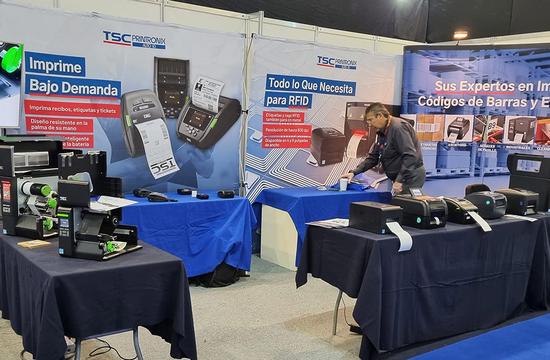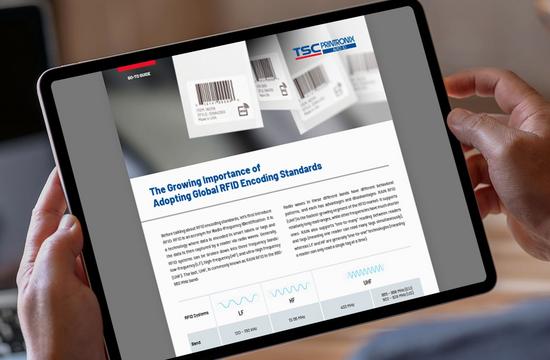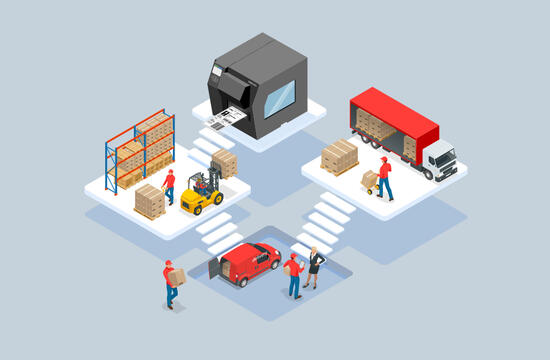RFID
Walmart’s Success and Scale
The busiest time of the year is upon us. Undoubtedly, the steep influx of seasonal operations will affect suppliers, retailers, warehouses, and other industries tied to retail and shipping. Get ahead and stay ahead of the curve by adequately preparing for this busy season.
RFID labeling has been quite the buzz for some time now. However, this year we’ve seen a massive influx in interest. What is the driving force behind this recent surge? Is this a quickly fading trend or is RFID here to stay?
Walmart Expands Its RFID Initiative
Our RFID Subject Matter Expert, Chris Brown, attended and presented at the AIM-sponsored FSMA 204 Webinar Session 3: Using Standards for Identification and Data Capture.
As RFID continues to advance and evolve, and as a leader in the RFID space, we’re committed to highlighting and sharing the most up-to-date and critical information with our community.
We are excited about our inaugural participation at the Logistics World Expo & Summit in Mexico City, Mexico from August 17–18, 2022.
The cannabis industry is a highly regulated market that deals in high-value items including cannabis plants, by-products, finished products, and shipping units.
Radio Frequency Identification (RFID) encoding and tags offer a powerful solution for better inventory tracking, management, and movement of goods throughout the supply chain.
Radio Frequency Identification (RFID) is a valuable tool for tracking inventory and improving supply chain management. Companies are using RFID tags to create better inventory systems and gain new levels of detail about how their products move through the supply chain.
Barcodes drive commerce and keep the global supply chain moving forward.

